Astrology has captivated human curiosity for millennia, offering a lens through which we explore personality, fate, and relationships. In recent years, a provocative question has gained traction within astrological and LGBTQ+ discussions: which horoscope has the most gay individuals? This inquiry touches on deep societal curiosities, stereotypes, and the intersection between celestial influence and human identity.
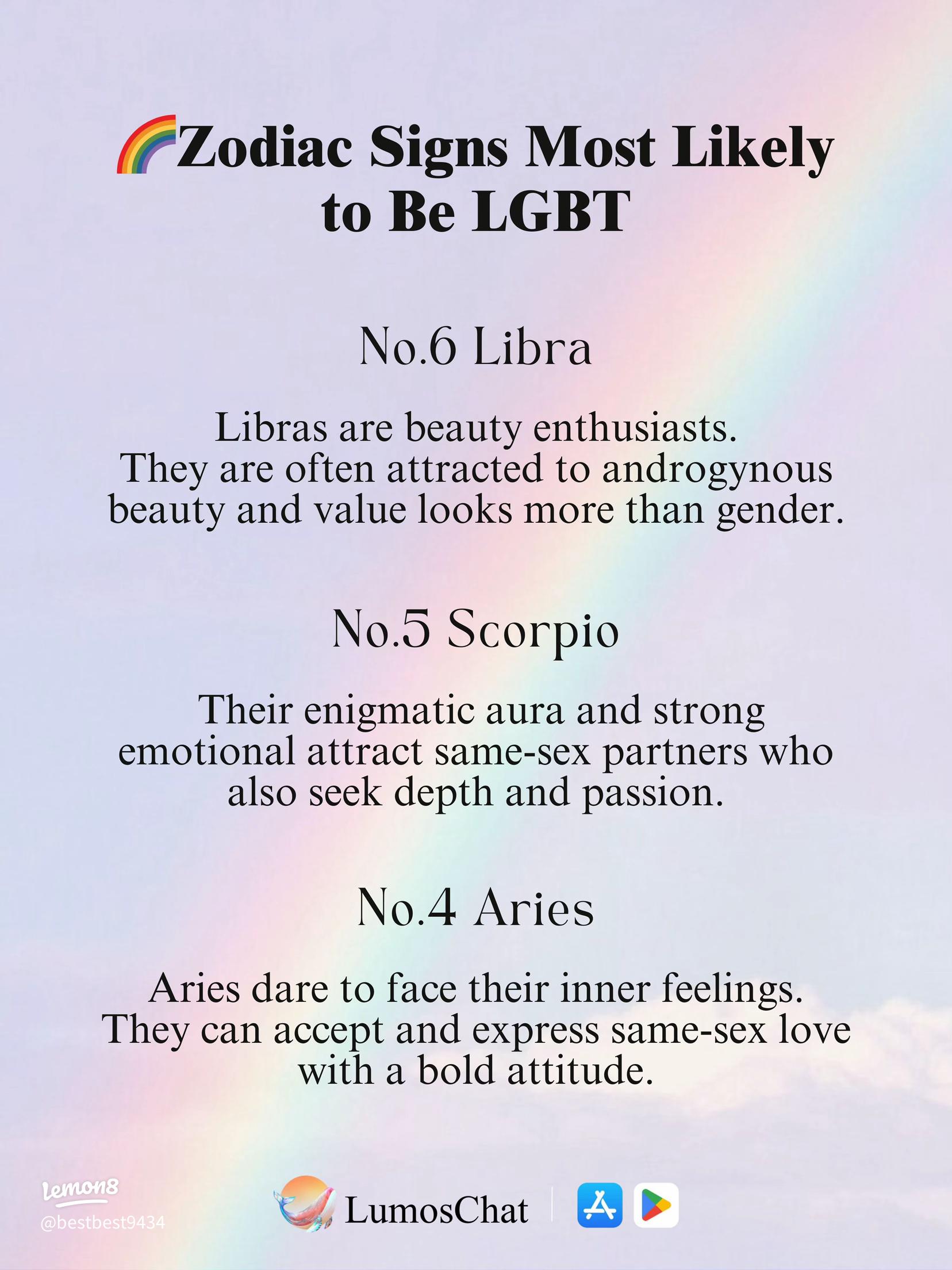
But what is the truth behind this question? Is there scientific evidence that certain zodiac signs are more likely to be gay, or are these beliefs merely stereotypes fueled by cultural myths? In this article, we delve into the search intent behind this topic, explore the nuances of astrology and sexuality, and discuss how these conversations spark emotional and intellectual conflict.
Understanding the Search Intent Behind “Which Horoscope Has the Most Gay”
Users searching for which horoscope has the most gay are typically looking for:
This search intent reflects a mix of curiosity, identity exploration, and the desire to reconcile cultural narratives with reality.
Common Stereotypes: Zodiac Signs and Sexual Orientation
Certain star signs are popularly stereotyped as more “gay” or queer-friendly. For example:
These stereotypes are widely circulated in social media memes and astrology forums, but how much truth do they hold?
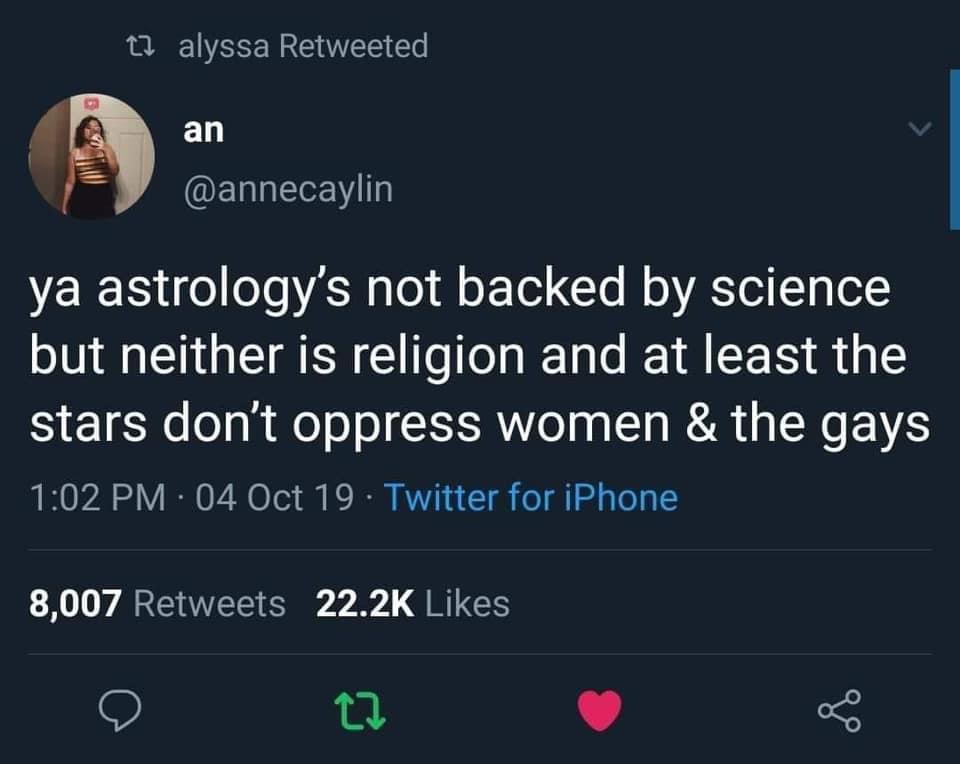
What Does Science Say About Astrology and Sexual Orientation?
Currently, there is no scientific evidence linking zodiac signs to sexual orientation. Sexuality is a complex interplay of genetics, environment, psychology, and culture — factors astrology does not account for.
Most reputable studies emphasize that astrology is a belief system, not a science. While astrology can provide valuable self-reflection tools, it does not determine innate traits such as sexual orientation.
Why Do These Stereotypes Persist?
1. Astrology as a Social Framework
Astrology offers archetypes that help people categorize personality traits, which can be comforting. Associating certain signs with LGBTQ+ identities creates community narratives and shared language.
2. Desire for Identity and Belonging
Linking zodiac signs with sexuality can help individuals feel a sense of belonging or explanation for their experiences.
3. Media and Pop Culture
Social media amplifies catchy stereotypes, making them more visible and influential, regardless of accuracy.
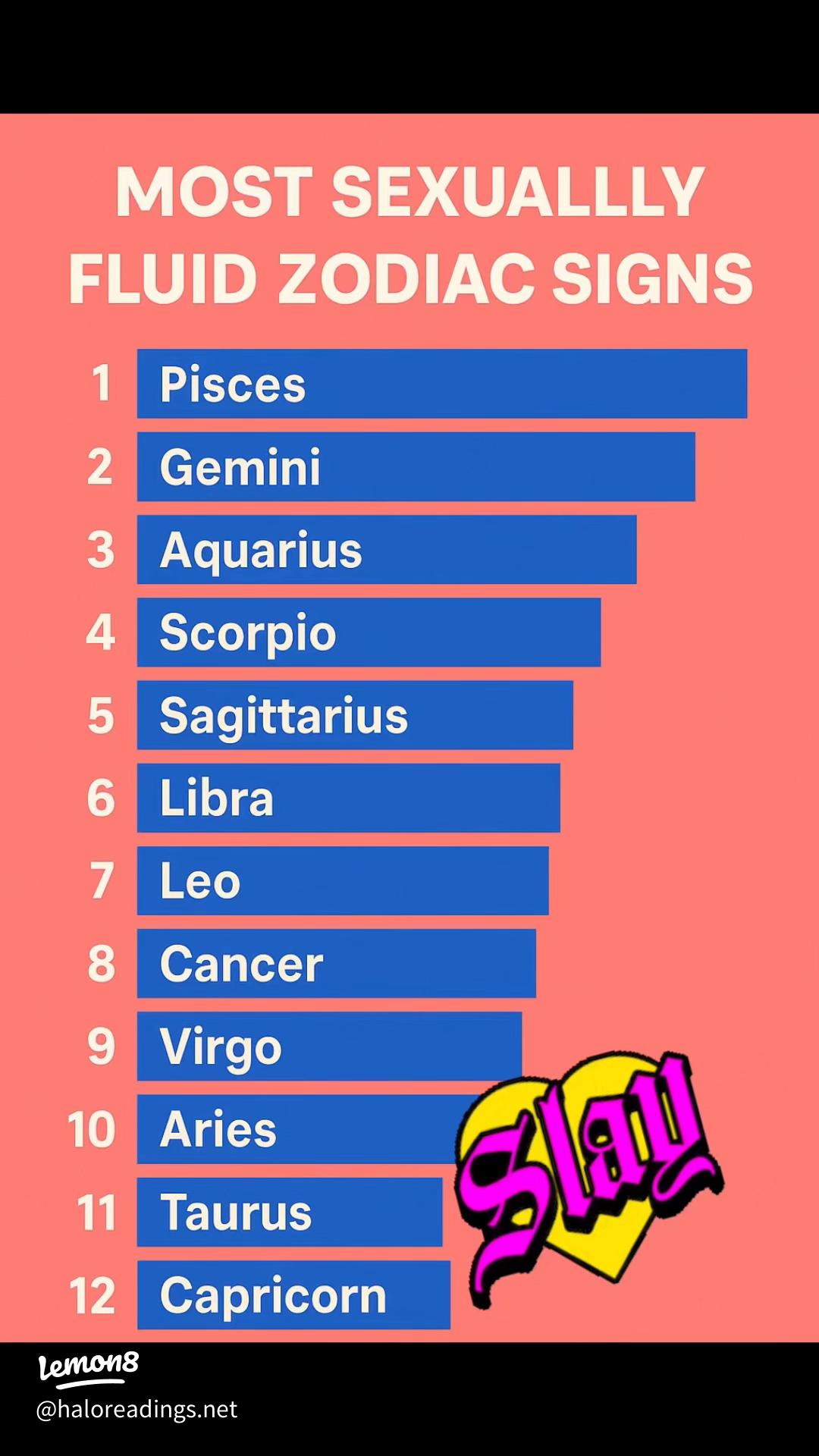
The Emotional Conflict: Validation vs. Misrepresentation
This topic ignites tension between:
This emotional conflict can impact self-esteem, community cohesion, and personal identity formation.
How to Navigate This Debate: A Balanced Perspective
FAQ: Common Questions About Which Horoscope Has the Most Gay
Q1: Is there a zodiac sign with the highest number of gay individuals?
A: No scientific data supports this. Sexual orientation does not correlate with zodiac signs.
Q2: Why do people associate certain signs with being gay?
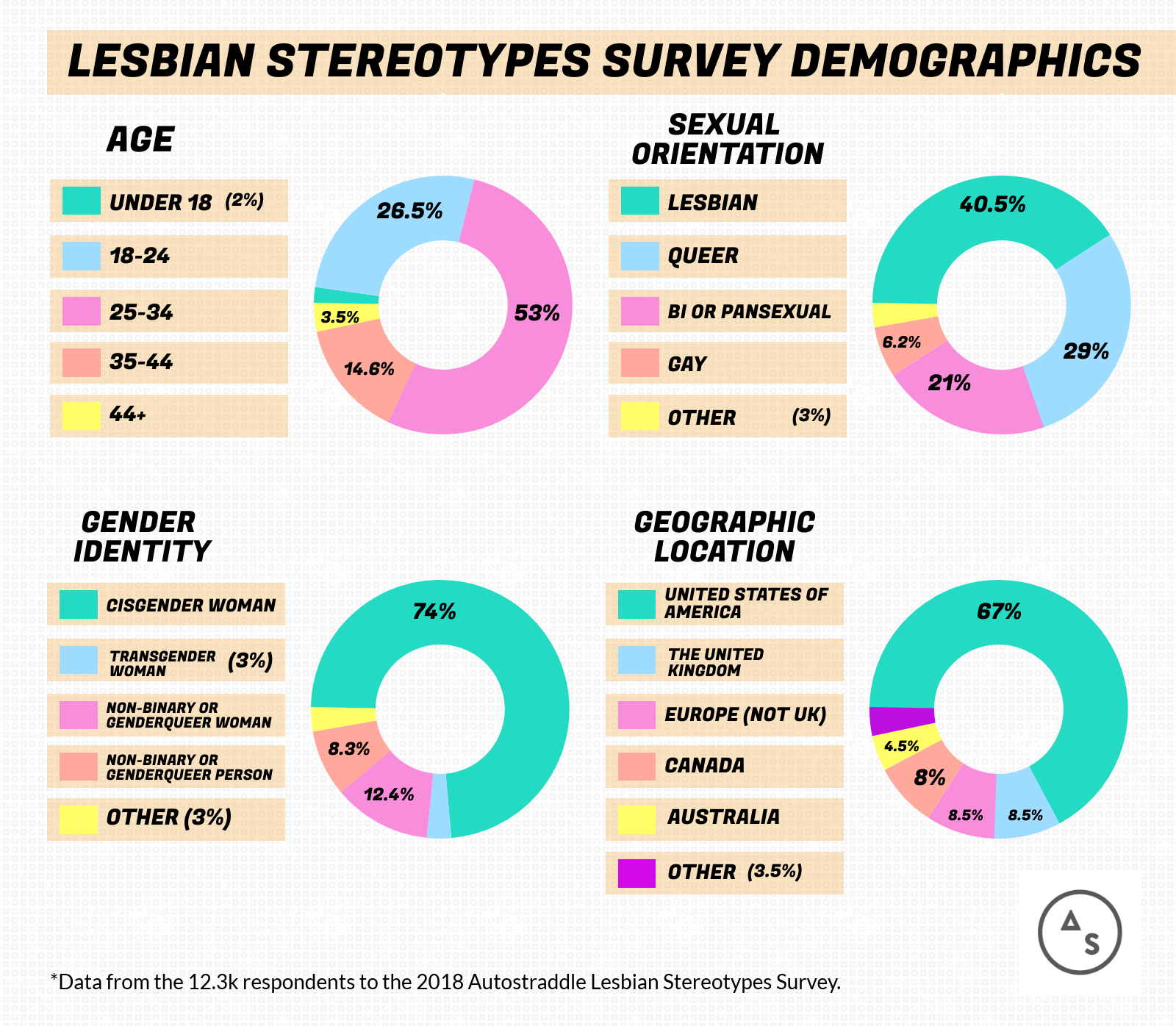
A: Stereotypes arise from personality traits linked to signs and cultural storytelling but lack scientific basis.
Q3: Can astrology help me understand my sexuality?
A: Astrology can aid in self-exploration but should not replace personal reflection or professional guidance.
Q4: Are queer horoscopes different from regular horoscopes?
A: Yes, queer horoscopes often tailor language and themes to LGBTQ+ experiences, offering relevant guidance.
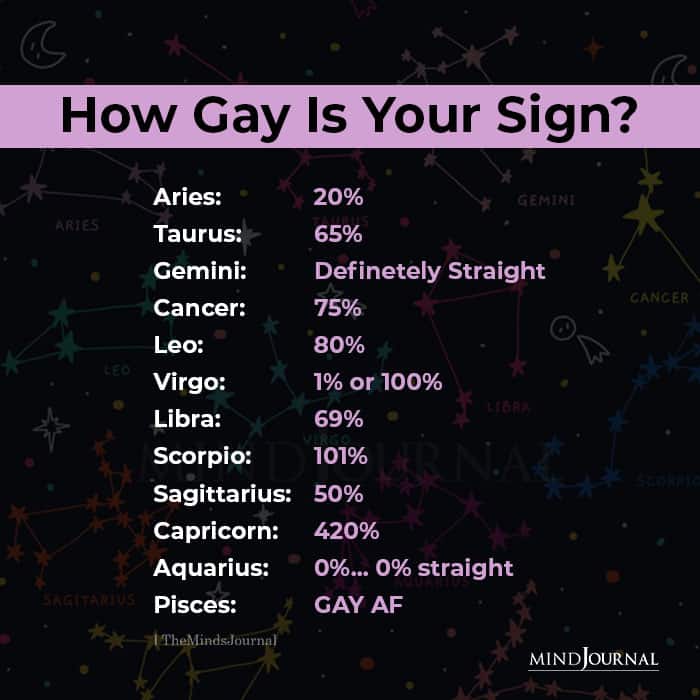
Q5: How can I avoid harmful stereotypes about astrology and sexuality?
A: Stay informed, question generalizations, and focus on your unique identity beyond labels.
Conclusion: Beyond Stereotypes — Embracing Complexity
The question which horoscope has the most gay exposes how astrology intersects with identity in complicated ways. While astrology provides meaningful frameworks for self-reflection and community, it is crucial to avoid reducing complex human experiences to stereotypes or myths.
Astrology can be a tool for empowerment and exploration, but it should be engaged with critically, respecting the diversity and richness of individual identities.